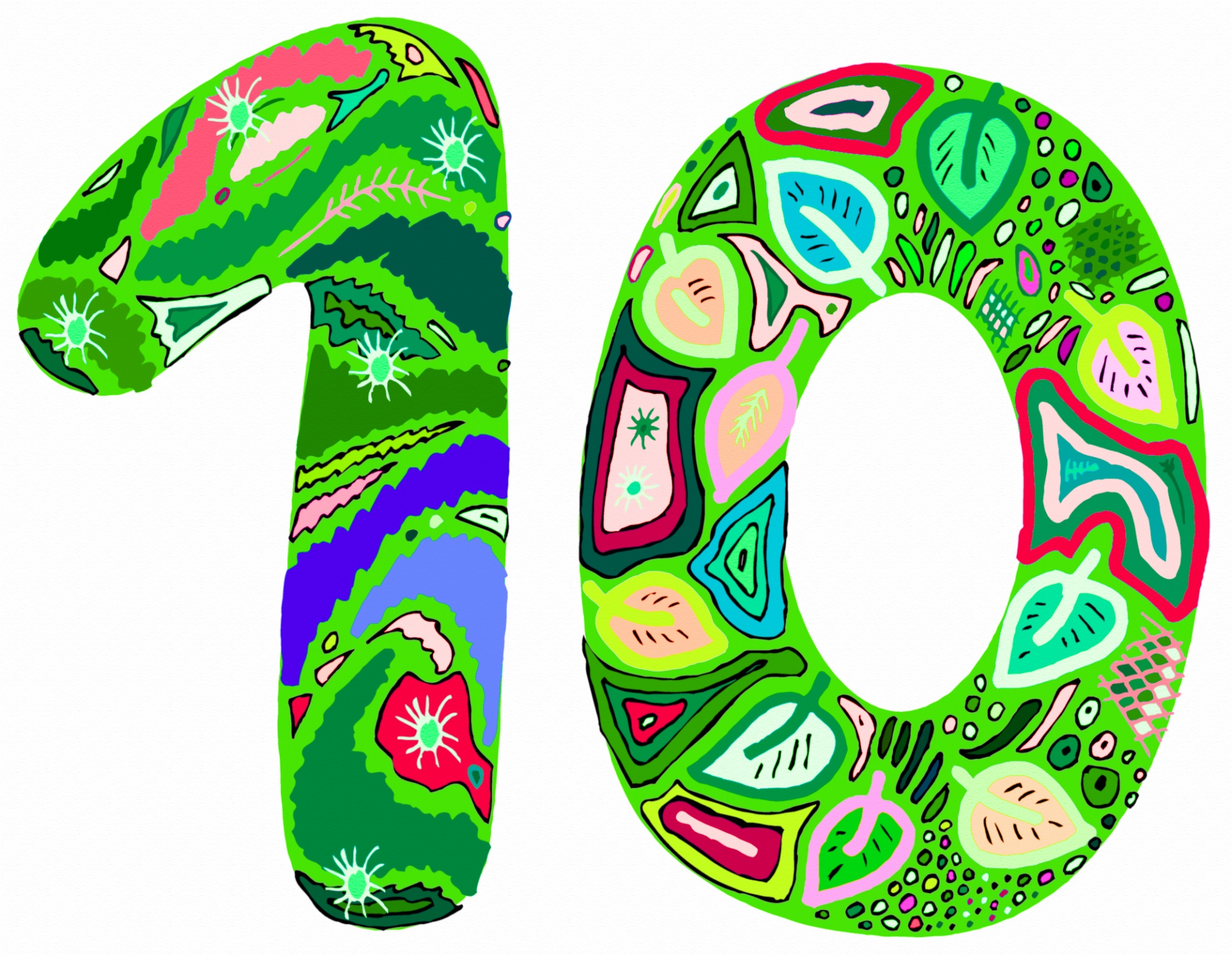Tarot cards, often viewed with skepticism in Christian circles, can still offer intriguing insights for those willing to explore their meanings from a spiritual and symbolic perspective. Rooted in archetypal imagery, each card provides a nuanced reflection of the human experience. In this article, we will delve into the meanings of six individual tarot cards, interpreting them through a Christian lens. This approach enables us to bridge the temporal and the sacred, inviting an enriching dialogue between faith and intuition.
1. The Fool
The Fool symbolizes new beginnings, spontaneity, and the potential for growth. In a Christian interpretation, this card may represent the innocence of a child, echoing the biblical teaching in Matthew 18:3, which emphasizes the necessity of becoming like children to enter the Kingdom of Heaven. The Fool invites believers to embrace a sense of wonder and trust in God’s divine plan. It serves as a reminder that taking leaps of faith, even without knowing the outcome, can lead to unexpected blessings and revelations.
2. The High Priestess
The High Priestess embodies intuition, wisdom, and the subconscious. From a Christian perspective, she symbolizes the Holy Spirit, offering guidance and enlightenment. The high priestess also represents the importance of seeking inner knowledge and understanding, akin to Proverbs 4:7, where wisdom is exalted. Believers are encouraged to delve into their spiritual truths, tapping into their inner guidance. This card invites reflection on prayer and meditation, suggesting that introspection can lead to a deeper understanding of God’s will.
3. The Empress
The Empress epitomizes fertility, beauty, and nurturing. Viewed through the lens of Christianity, this card reflects the grace of God in creation, paralleling the divine feminine. The Empress reminds us of the blessings of motherhood, caregiving, and the interconnectedness of all life. Genesis 1:28 encourages humanity to be fruitful and multiply, resonating with the essence of this card. It calls upon individuals to recognize their roles in nurturing not just their families, but also their communities and the environment.
4. The Tower
The Tower is often perceived as a harbinger of chaos and upheaval. From a Christian viewpoint, it can symbolize the moments of trials and tribulations that lead to spiritual awakening. This card resonates with the passages in James 1:2-4, which speak of the need to rejoice in trials as they develop perseverance. The Tower serves as a stark reminder that, although destruction may feel overwhelming, it ultimately paves the way for renewal and growth. It encourages believers to rely on God’s strength during life’s storms, trusting that even calamities can herald divine transformation.
5. The Star
The Star emanates hope, inspiration, and serenity. For Christians, it embodies the fulfillment of God’s promises, echoing the sentiment of Jeremiah 29:11, which states that God has plans to prosper us and give us hope. This card serves as a beacon of light in darkness, providing reassurance that faith can lead to healing and restoration. The Star encourages believers to maintain hope and optimism, even in challenging situations, reminding them that divine blessings are always on the horizon.
6. The Judgment
Judgment represents renewal, resurrection, and self-evaluation. It closely aligns with the themes of redemption and the calling to a higher purpose prevalent in Christianity. This card can be seen as an invitation to undergo introspection, akin to 2 Corinthians 5:17, which speaks of becoming a new creation in Christ. The Judgment card urges individuals to reflect on their life choices, to seek forgiveness, and to embrace their calling to contribute positively to the world. It symbolizes the assurance of grace and the importance of being accountable for one’s actions.
In conclusion, viewing tarot cards through a Christian lens does not require abandoning sacred teachings; instead, it can enhance one’s understanding of spiritual truths. Each card serves as a mirror reflecting the complexities of life, offering believers opportunities for growth and introspection. The intersection of tarot and Christian theology sheds light on our shared human experience, encouraging deeper connections with ourselves, our faith, and the divine. As one navigates the journey of faith, tarot can be a complementary tool to uncover insights, enhance understanding, and nurture the soul.







Leave a Comment